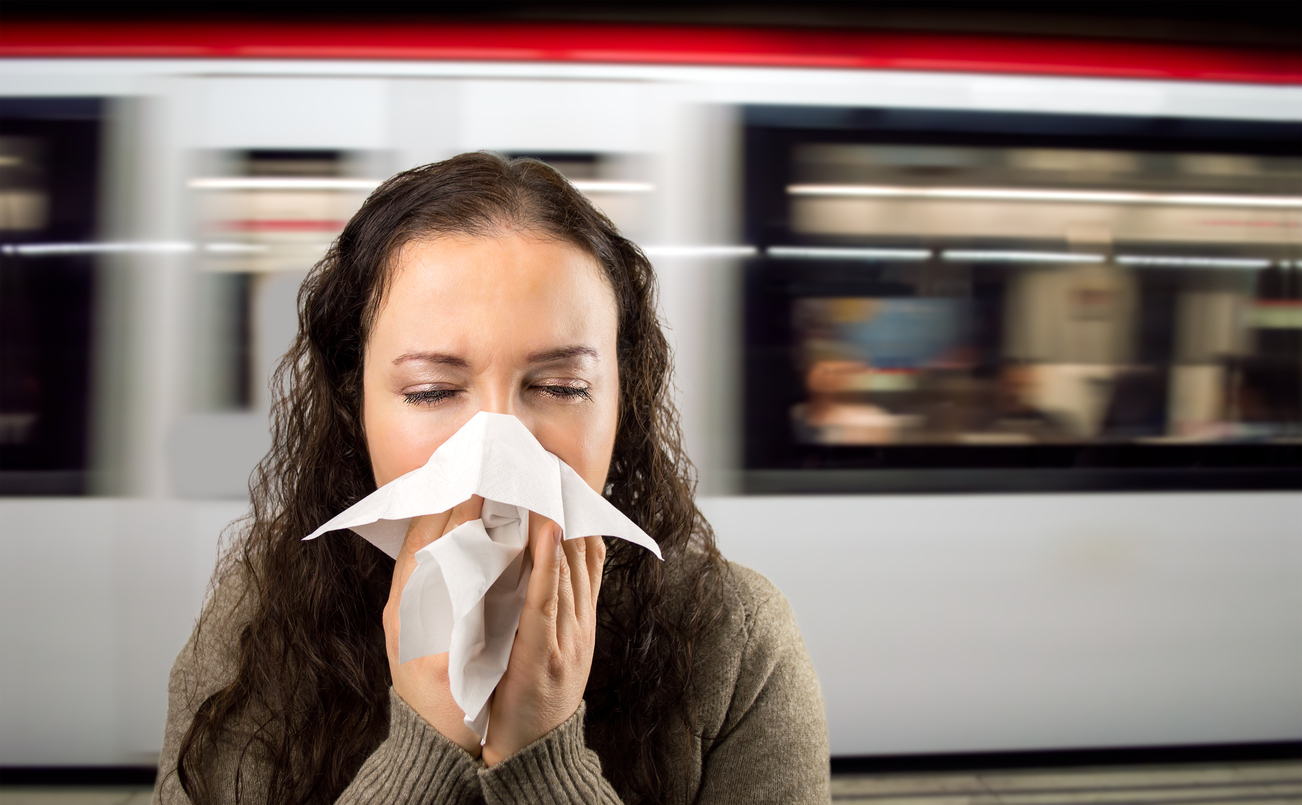Zyrtec, Allegra, Claritin, Benadryl… what’s your favorite allergy medication? Come spring, those of us who suffer from respiratory allergies enact our yearly ritual of storing our winter wardrobes and airing out the summer ones – plus stopping by the local drugstore or allergy doctor to pick up an antihistamine!
Besides over the counter and prescription antihistamines, other springtime allergy armor includes allergy shots (immunotherapy,) allergy eye drops, Leukotriene modifiers (used to manage allergic rhinitis or allergies, as well as prevent asthma- usually not the first course of treatment) and others as recommended by your allergy doctor in New York.
How seriously you are affected by allergy season depends on where you live. The Asthma and Allergy Foundation of America (AAFA) has released the 2018 Spring Allergy Capitals™ report that ranks the top 100 cities in the nation for spring allergies. AAFA calculates the rankings based on:
- Pollen counts
- Use of allergy medicines
- Availability of board-certified allergists
America’s 2018 Allergy Capital
McAllen, Texas tops the list at #1 for 2018. High pollen, high allergy medicine use and a lower number of allergy specialists made it the absolute worst place to live for springtime allergy sufferers this year.
The Top 10: Worst Cities for Allergies 2018
- McAllen, Texas
- Louisville, Kentucky
- Jackson, Mississippi
- Memphis, Tennessee
- San Antonio, Texas
- Providence, Rhode Island
- Dayton, Ohio
- Syracuse, New York
- Oklahoma City, Oklahoma
- Knoxville, Tennessee
Most Common Springtime Allergens
One of the season’s biggest problems is tree pollen. It can even start as early as January or February in parts of the country.
Grass pollen starts to appear later in the season and can also be a major problem for allergy sufferers.
Common Symptoms of Springtime Allergies
- Itching in the nose and eyes
- Sneezing
- Stuffy nose (congestion)
- Runny nose
- Mucus (phlegm) in the throat (post nasal drip)
Allergy Relief
No matter where you live, you always have options for treatment. See a board-certified allergy doctor in New York such as Dr. Shukla to help pinpoint which allergens are causing your symptoms and come up with a plan so you can find relief.
AAFA’s 4 Tips for Allergy Relief
- Relieve symptoms by limiting your exposure to pollen.
- CERTIFIED asthma & allergy friendly® products can help reduce your exposure to allergens
- Long-term allergy treatments can help you.
- Plan for spring allergy season before it starts, especially if you live in one of the top cities.
Allergy Prevention Tips
Your #1 option is always to avoid contact with allergens. Other prevention tips* include:
- Don’t touch or rub your nose.
- Wash your hands often with soap and hot water.
- Use a vacuum with a HEPA filter to reduce allergen exposure while vacuuming.
- Wash your bed linens and pillowcases in allergy-friendly detergent and hot water to reduce allergens.
- Use dust-mite proof covers for pillows, comforters, duvets, mattresses and box springs.
- Keep pets out of the bedroom to reduce pet dander allergens in your bedding.
- Wear sunglasses and a wide-brimmed hat to avoid getting pollen in your eyes.
- Keep windows closed during high pollen and mold seasons. Use the air conditioner in your car and home (with a HEPA filter).
- Visit your allergy doctor in New York for the best and latest information on preventing allergy symptoms.
*Medical Review October 2015
Allergy Doctor in New York
Allergies are your body’s reaction to foreign substances which other people’s bodies find harmless. Dr. Shukla has been diagnosing allergy patients for more than 15 years. If you suspect that you have allergies, make an appointment with Dr. Shukla today!

